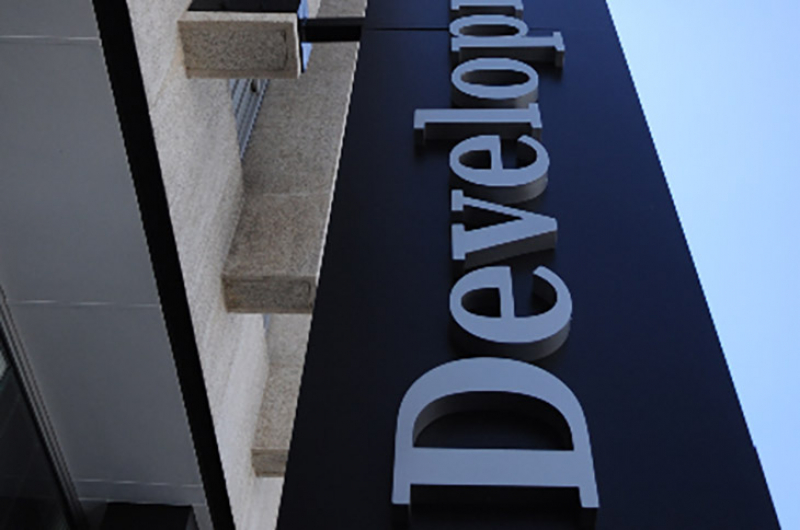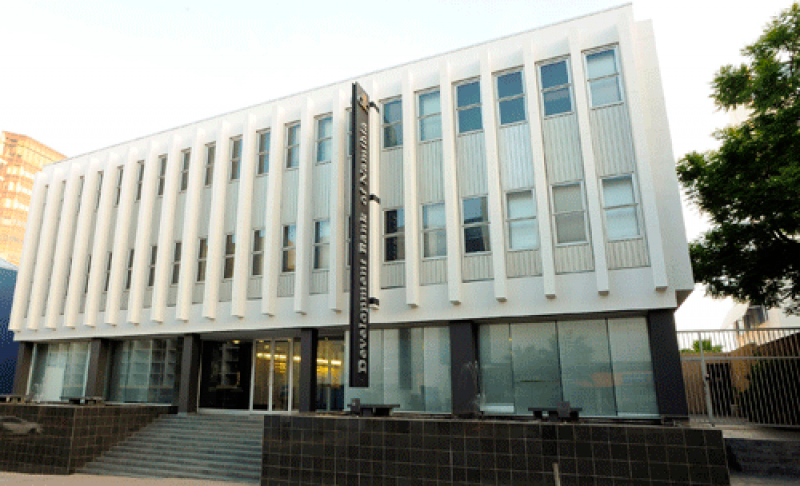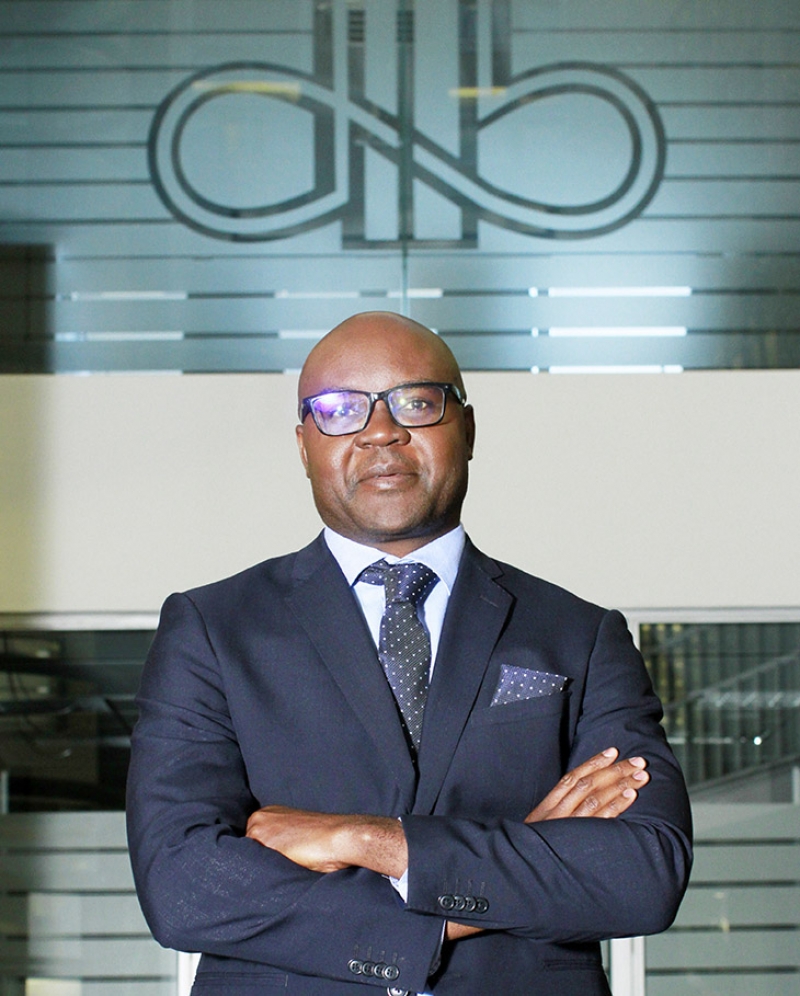 Call 061 290 8000
Call 061 290 8000 Click to mail us
Click to mail us FAQs
FAQs

DBN
Development Bank of Namibia (DBN) has announced that it is undertaking visits in the central and northern regions of Namibia to promote its recently launched Covid-19 Business Relief Loans, as well as finance for youth enterprises.
The N$450 million relief facility, provided with the support of a concessional loan from KfW, aims to support existing businesses with operating capital for a period of three or six months, depending on need. The finance takes the form of a commercial loan repayable over 60 months.
At the onset of the Covid-19 economic trough in early 2020, Bank extended repayment holidays to its SME borrowers and borrowers in the tourism and hospitality sector. The new Covid-19 Business Relief Loans are being extended to all existing formal enterprises that qualify in terms of the requirements of the facility.
The visits will also promote finance for youth, in the form of skills-based lending for professionals and artisans, as well as general lending for youth entrepreneurs under DBN’s SME and larger lending facilities.
In addition to business meetings, the Bank will meet with regional dignitaries to assess projects and associated needs for finance.
The visits begin in Erongo on the first Friday and Saturday of February, travel to Oshana, Omusati, Ohangwena, Kavango West and East, then conclude with visits to Oshikoto and Otjozondjupa.
A full schedule and supporting information is published on the Bank’s website at www.dbn.com.na/outreach.
Covid safety will be observed, including physical distancing and wearing of masks.
Development Bank of Namibia (DBN) has announced the launch of Covid-19 Business Relief Loans on 18 January 2021. The Bank will provide finance equivalent to 3 months up to a maximum of 6 months working capital for enterprises affected by Covid-19. The term of the loan will be a maximum of 60 months.
These relief loans will be available to both existing DBN SME borrowers and to enterprises which are not yet clients of the Bank, as long as these enterprises have been in operation for at least 12 months, and meet the qualifying criteria. Information on the qualifying criteria can be obtained from www.dbn.com.na/relief, or on information pamphlets available at all DBN offices. These can also be emailed to interested parties on request.
The DBN and the Development Bank of Germany (KFW) have concluded an N$450 m concessional loan agreement. The DBN will on-lend the money to Namibian SME enterprises that require bridging capital to carry them through the low-revenue earing period caused by the pandemic and those enterprises that wish to restructure their business operations, to best survive in the changing business environment.
DBN CEO, Martin Inkumbi says it is hoped that the financial intervention will contribute to preserving continuity of SME business activities and to build a foundation for recovery. Although the Bank will – through its normal SME lending – continue to finance SME startups, the priority for the Covid-19 business relief loans will be to preserve business continuity and preserve jobs, and therefore these loans are targeted at existing enterprises.
DBN forecasts that the funding will offer financial relief to around 200 SME’s. The Bank will customize the loans based on individual enterprise needs. Industries such as tourism, hospitality, and transport and logistics that have experienced the largest loss of revenue due to lockdown-related effects will be prioritised.
The facility may also be used for diversifying into new business areas that help strengthening resilience of existing companies for future shocks.
Demand for Development Bank of Namibia (DBN) finance increased in the 12-month period ending March 2020 (2019/20) despite the recessionary climate. This, says CEO Martin Inkumbi, is perfectly illustrated by the fact that the Bank was able to grow the number of start-up approvals to 36 enterprises (for the 12 month period ending March 2019: 21 enterprises). During this period ending March 2020, the Bank approved a total of N$1,137.8 million in finance (2018/19: N$682.1 million).
The largest approvals by sector were allocated to land servicing (N$442.9 million) for servicing of 5,040 erven on 228.8 ha. Business services received the second largest allocation of approvals with N$177.0 million. The business services sector consists of enterprises that provide secondary support to business operations and tenders. High value allocations were approved for transport of goods, supplies of electrical equipment, supply of radiography and x-ray equipment and construction of premises for a legal firm.) Approvals for manufacturing amounted to N$130.7 million. Notable projects include manufacturing of gypsum products as well as a plant for recycling plastics to be used in packaging.
In terms of geographic distribution of the Bank’s loan allocation for the 12-month period ending March 2020, Khomas received N$476.7 million in approvals followed by Oshana with N$138.3 million and Erongo with N$110.8 million. Enterprises with a footprint spanning two or more regions received approvals of N$185.4 million.
Approvals for the period are projected to create 1,693 temporary jobs and 8,130 new permanent jobs. The Bank defines permanent jobs as jobs with a duration of 3 years or longer. The large number of permanent jobs is due to the high number of ongoing jobs required to service land at the Ongos Valley Development.
SME lending
In 2019/20 the Bank approved N$279.3 million for SMEs. Approvals of N$150.9 million went to business services followed by construction with N$67.4 million. Regionally, //Karas received the largest share of allocations in the amount of N$78.8 million. Khomas received N$45.4 million in approvals and Erongo received N$33.9. SME projects with a national footprint were allocated N$30.7 million in approvals.
Based on the approvals, SMEs are projected to create 645 new, permanent jobs and 928 temporary jobs. These jobs are included in the employment impact noted above.
The way ahead
Preliminary figures for the first two quarters to September of 2020/21 show the expected adverse impact of Covid-19 and risk-aversion on demand for SME finance and tourism and hospitality finance. However, aggregate approvals for the first two quarters stand at N$593 million.
Prominent approvals for the first two quarters of the current financial period ending March 2021 include N$200 million for housing, N$46 million for land servicing and N$252 million to bolster meat processing, which supports the cattle farmers and is a significant exporting sector. SME approvals at N$50 million reflect the cautious approach of the sector in the face of the covid-19 pandemic which has dampened consumer demand. No approvals were made for tourism and hospitality, which indicates that entrepreneurs in this sector are very cautious and not expanding their businesses at the moment.
Inkumbi cautions that although the Bank is heartened by the new approvals and the economic activity they represent, it is focusing on preservation of economic activity, and recovery for existing Bank clients with a raft of measures that includes the Bank’s repayment holiday for SMEs and tourism and hospitality. The Bank will also consider repayment holidays for non-SMEs and enterprises outside the tourism and hospitality sectors based on the merit of each case.
An additional N$500 million facility is expected to be announced for Covid-19 relief in the first quarter of 2021. This is in addition to the N$500 million made available by the Ministry of Finance, to be offered by commercial banks.
The Bank, is committed to financing Namibian economic activity, and will take all feasible measures to ensure its health, Inkumbi concludes.





